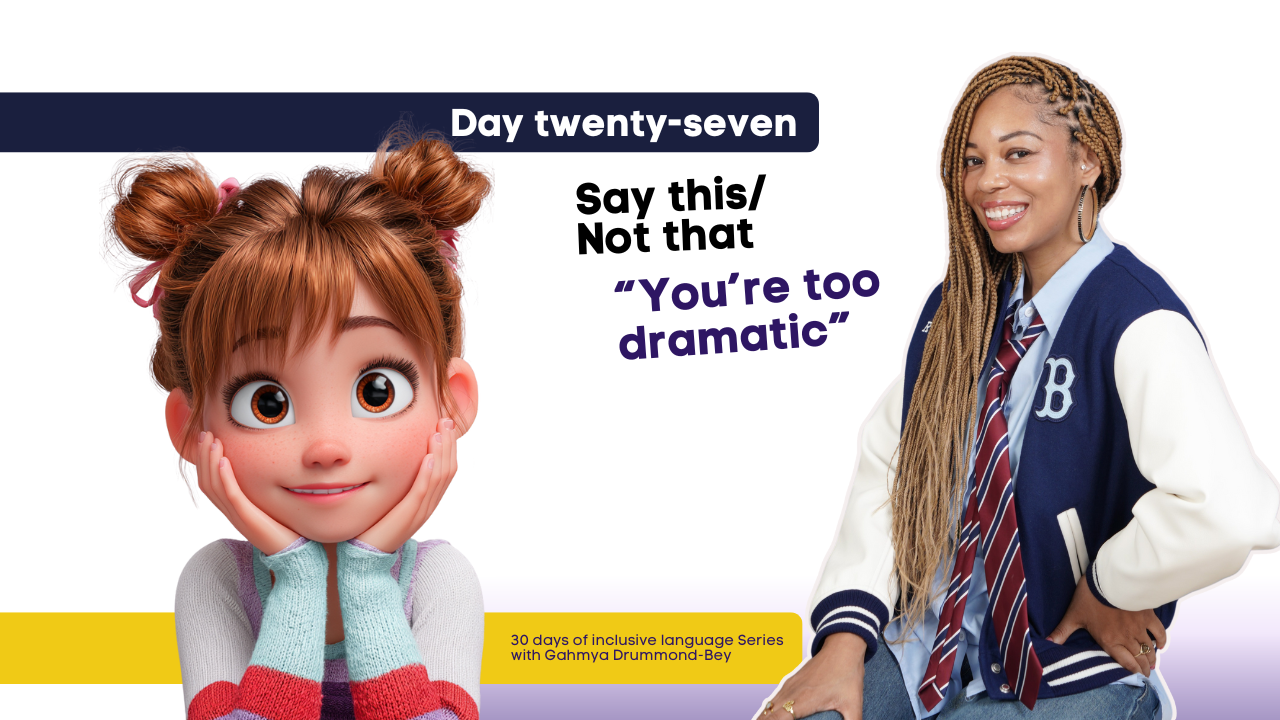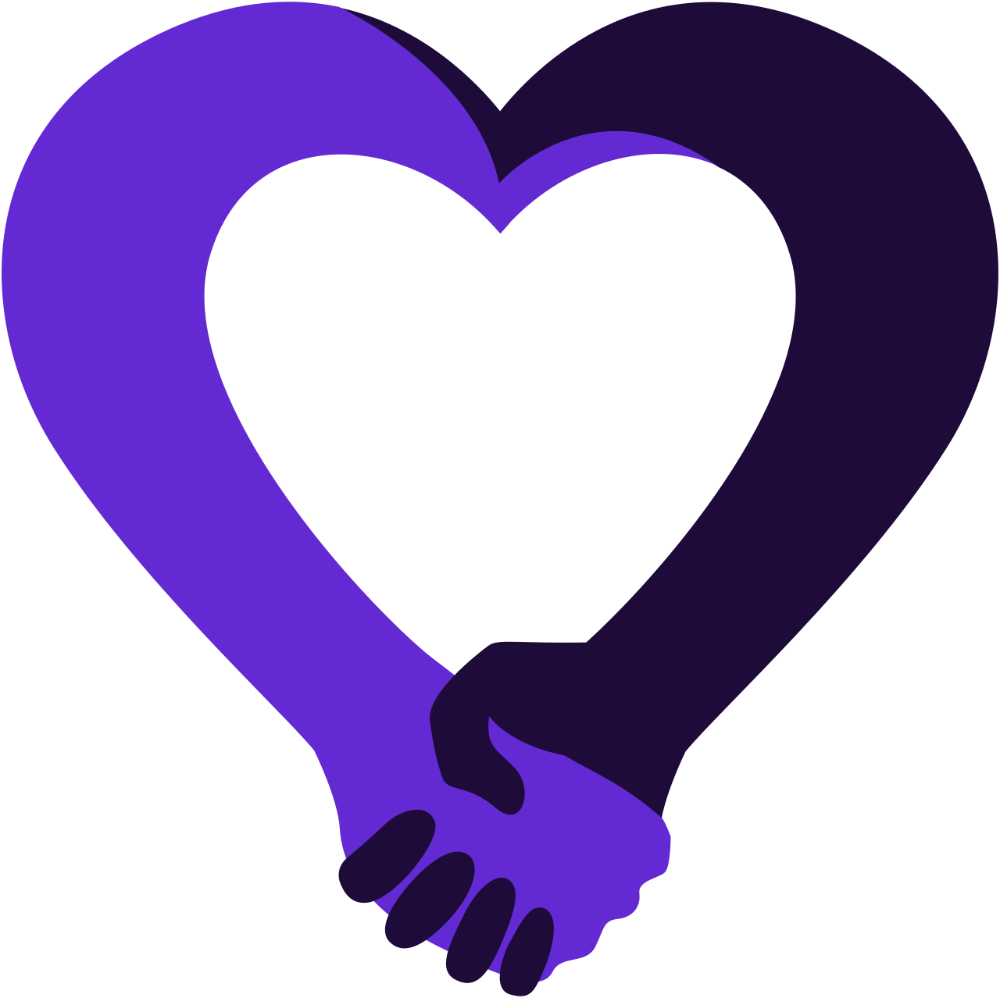Dramatic or expressive? Why it matters what we call big feelings
Aug 11, 2025
I created this series to help us pause and rethink the things we say to children without realizing their impact.
Today’s phrase?
“You’re too dramatic.”
We tend to use it when a child is reacting loudly or emotionally. Maybe they are crying over something that seems small. Maybe their disappointment feels bigger than we expected.
But labeling a child as dramatic does not teach emotional intelligence.
It teaches emotional shame.
Kids are not born knowing how to manage big feelings.
They are in the process of learning.
And when they express those feelings, they need connection, not criticism.
If we want children to understand their emotions and respond thoughtfully, we have to create space for them to feel.

Why It Hurts
-
It teaches children to question their feelings
-
It suggests their expression is a problem
-
It turns emotional expression into a flaw
What kids hear is:
“You are too much.”
“Your feelings are wrong.”
“You are hard to love.”
Minimizing or hiding feelings
Saying sorry just for crying
Explosive outbursts after holding emotions in
Withdrawing when overwhelmed
Kids who are repeatedly told they are dramatic may stop expressing themselves altogether.
How to Talk About It (By Age)
Ages 3 to 5
“That was a lot. Let’s take a breath together.”
Ages 6 to 8
“You can feel anything. Let’s talk about what happened.”
Ages 9 and up
“Strong feelings are not bad. They are signals. Let’s figure out what yours are trying to say.”
Let’s raise kids who know how to feel without fear.
Let’s teach them that emotions are not the enemy, but the beginning of understanding ourselves and each other.



